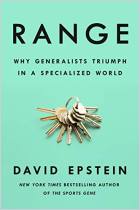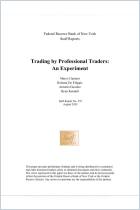Rejoignez getAbstract pour lire le résumé !

Rejoignez getAbstract pour lire le résumé !
Chia-Jung Tsay and Mahzarin R. Banaji
Naturals and Strivers
Preferences and Beliefs About Sources of Achievement
Personality and Social Psychology Bulletin, 2010
Aperçu
Experts claim to favor those who “strive” to achieve, but research suggests they prefer “natural talent” without realizing it.
Recommendation
Are so-called prodigies – Wolfgang Amadeus Mozart, Pablo Picasso, Bobby Fischer and Shirley Temple – more talented than those who “strive” for expertise? Most experts claim not. However, research from social psychologists Chia-Jung Tsay and Mahzarin R. Banaji reveals that authorities may, inadvertently, favor innate talent when evaluating performance. getAbstract believes this eye-opening examination will help those working in human resources and university admissions departments make better – and less biased – decisions for their organizations.
Summary
About the Authors
Chia-Jung Tsay is an assistant professor in the University College London’s School of Management. Mahzarin R. Banaji is a social psychologist at Harvard University.



















Comment on this summary